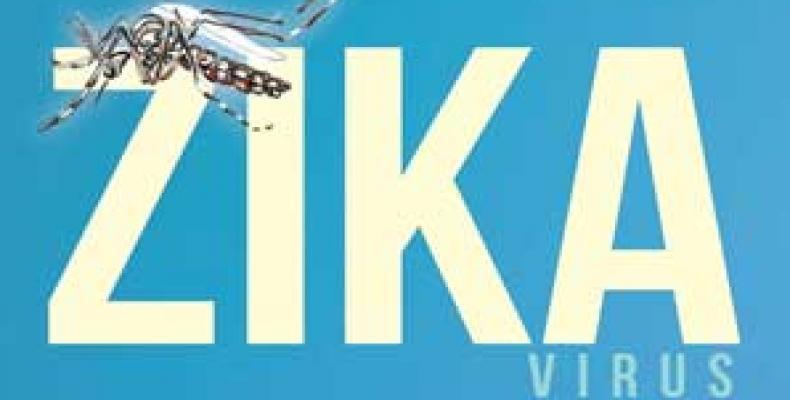San Juan, July 22 (RHC)-- An anti-fumigation movement has been raising concerns about U.S. recommendations to use aerial spraying to control the spread of Zika. Puerto Rican mayors from across the political divide have joined together to take a stand against Governor Alejandro Garcia Padilla’s controversial pending plan to combat Zika-transmitting mosquitos on the island with aerial fumigation.
The dozen local public officials behind the cause are part of a movement in Puerto Rico against proposed widespread use of the insecticide known as Naled. The Coalition Against Fumigation, made up of farmers, doctors, and other activists, has spearheaded the campaign.
San Juan Mayor Carmen Yulin Cruz argued that a decision to allow aerial Naled fumigation would be a form of “environmental terrorism.” Critics of the insecticide raise concerns over potential adverse effects of the chemical on aquatic and terrestrial ecosystems, particularly bee populations, which have been in decline around the world in recent years.
The U.S. Centers for Disease Control and Prevention has recommended Naled spraying for the island amid concern over the spread of the mosquito-born Zika virus. The administration of Garcia Padilla is expected to finalize a decision on whether to move forward with the plan this week, El Vocero reported.
According to the Environmental Protection Agency, studies carried out in Puerto Rico in February and March of this year found the method was “highly effective” at eliminating adult female Aedes aegypti mosquitos that carry the Zika virus.
The EPA specifies that Naled should be applied in small doses of less than 0.1 pounds of active ingredient per acre, along with other “inert” ingredients in the insecticide, in order to be an effective public health measure “without posing risks to people.” Research by the Extension Toxicology Network in the late 1990’s found that Naled is “moderately toxic” and that “chronic exposure” could cause nervous system damage.
The CDC sprayed Naled in Puerto Rico across some 177,000 acres of the San Juan area in 1987 in an effort to control the spread of Dengue fever, according to the EPA. The insecticide is also currently being used on some 16 million acres on the U.S. mainland “as part of routine mosquito control,” according to the agency.
Puerto Rico’s anti-fumigation movement has also stood in solidarity with the ongoing protest camp set up at the end of June outside the U.S. court in the Hato Rey area of San Juan to protest the U.S. federal control board imposed on the island through the controversial PROMESA bill to deal with the $73 billion debt crisis.


